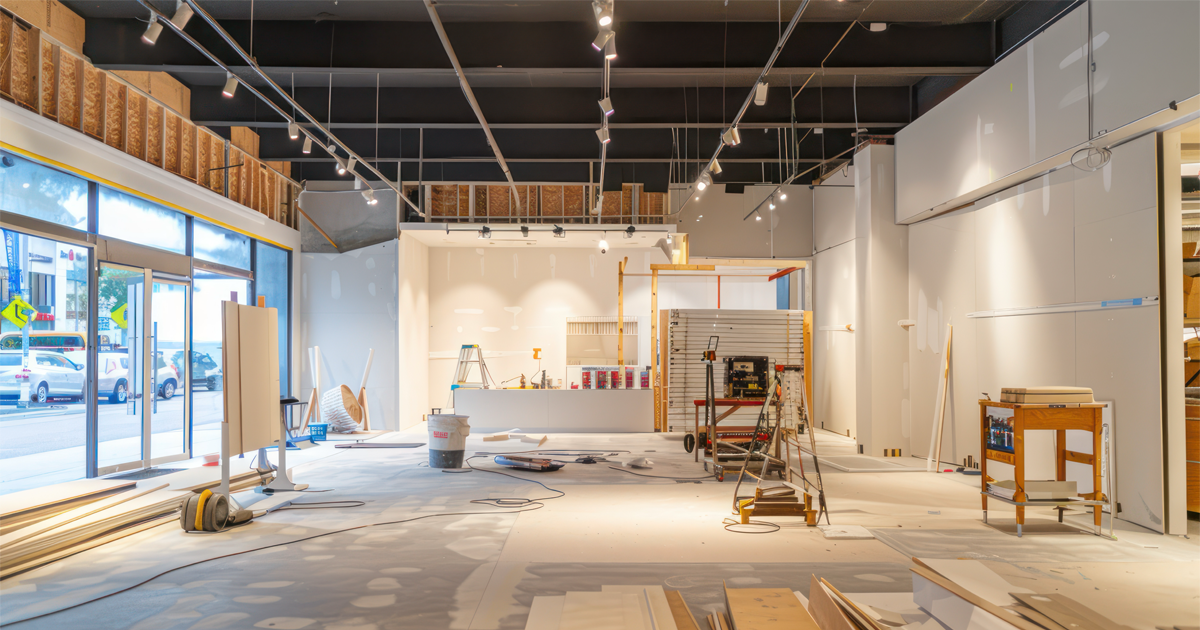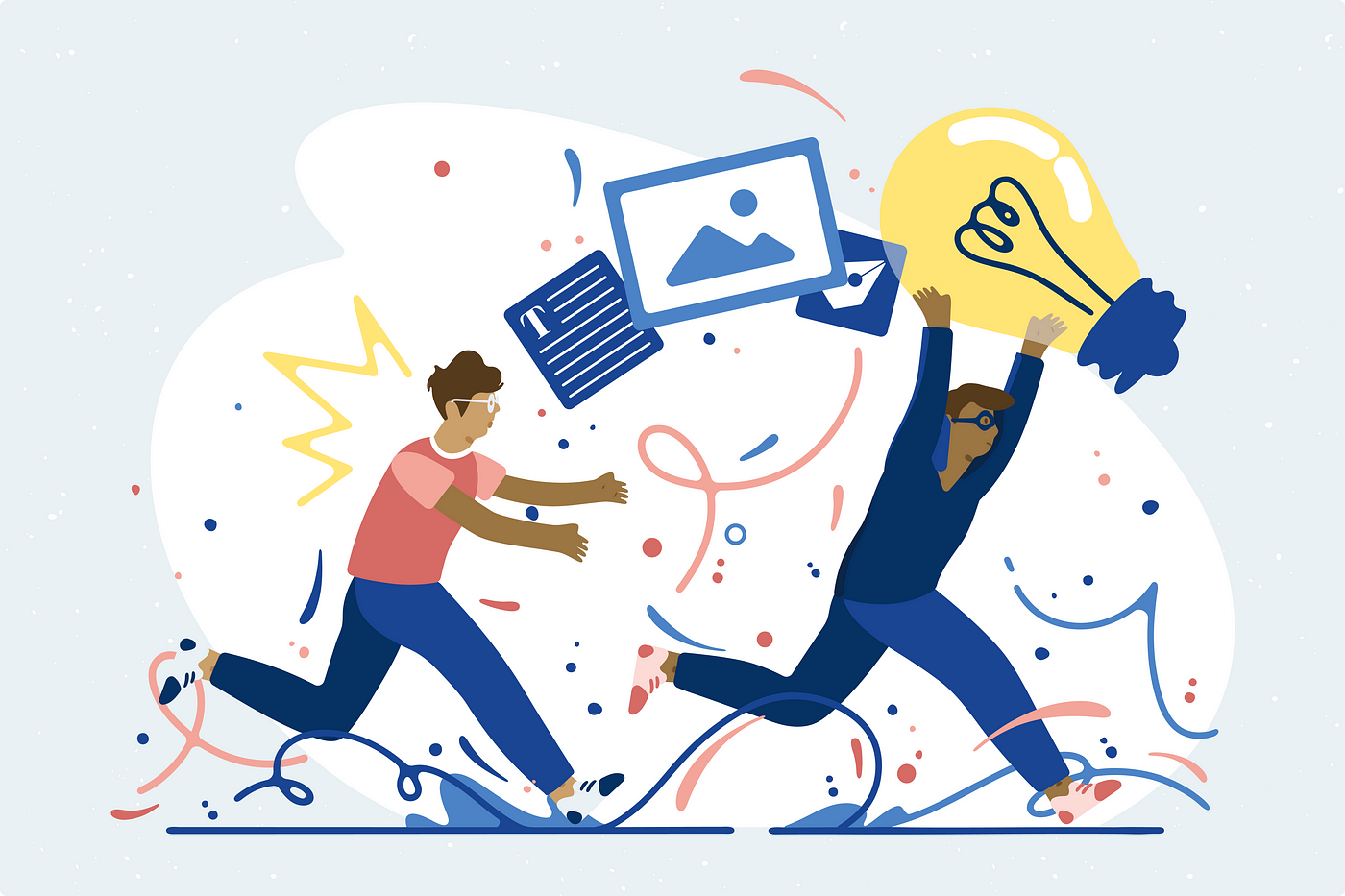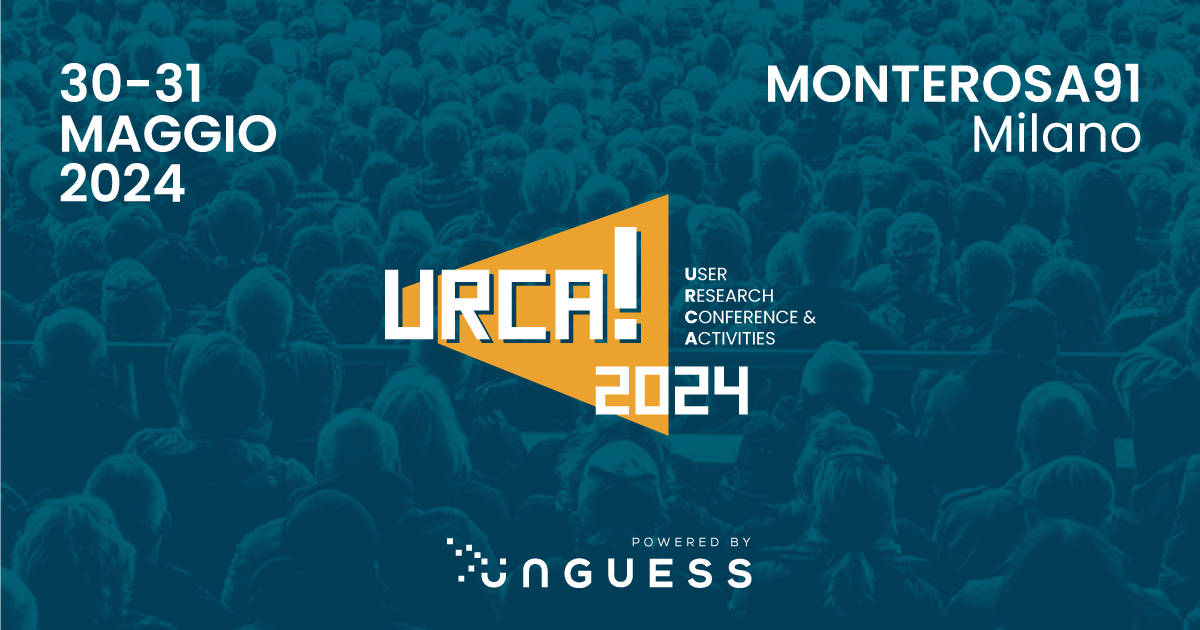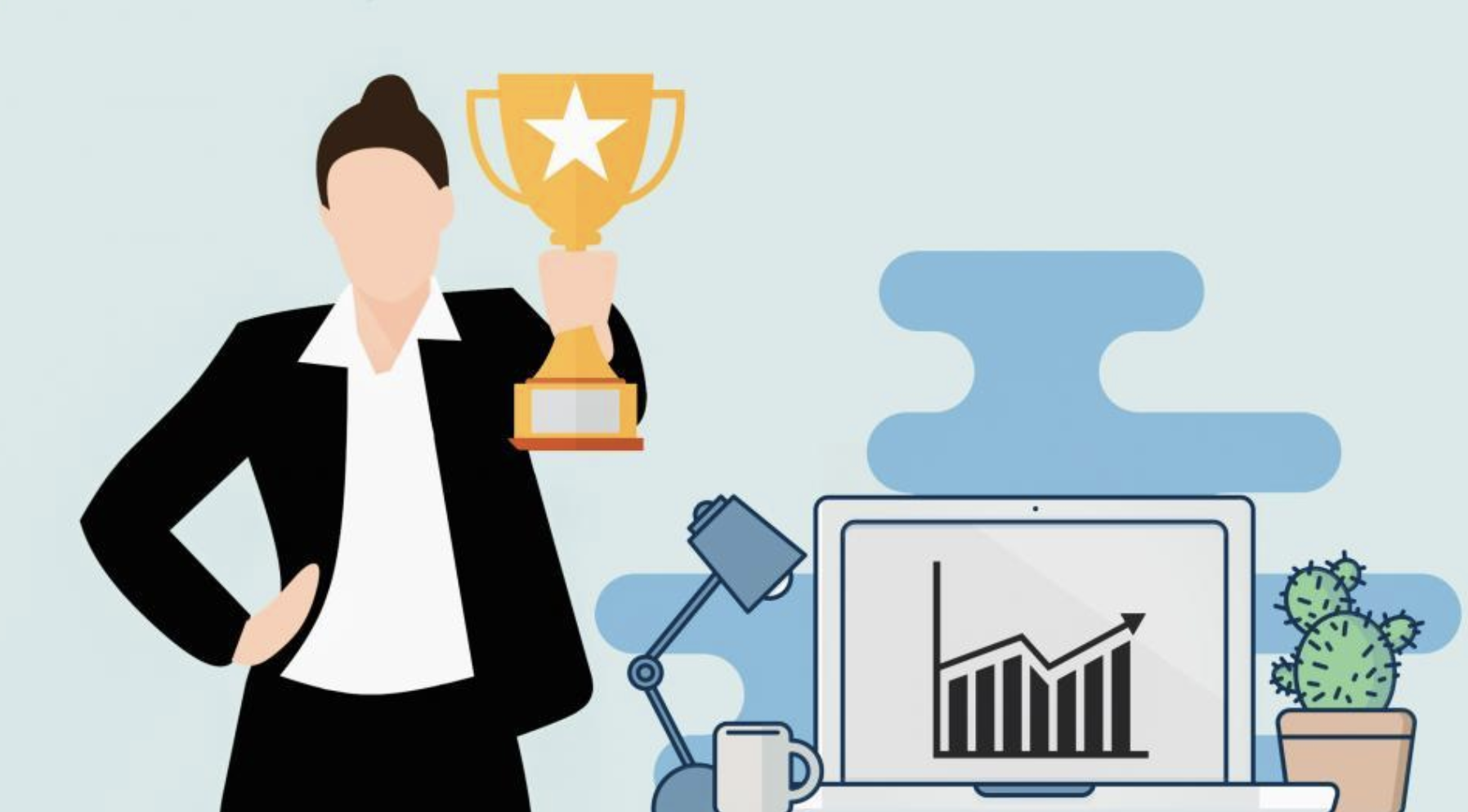AI versus Human Creativity: Who Will Win?
-
Graziella Dramisino
- 08 Apr, 2024
- 02 Mins read
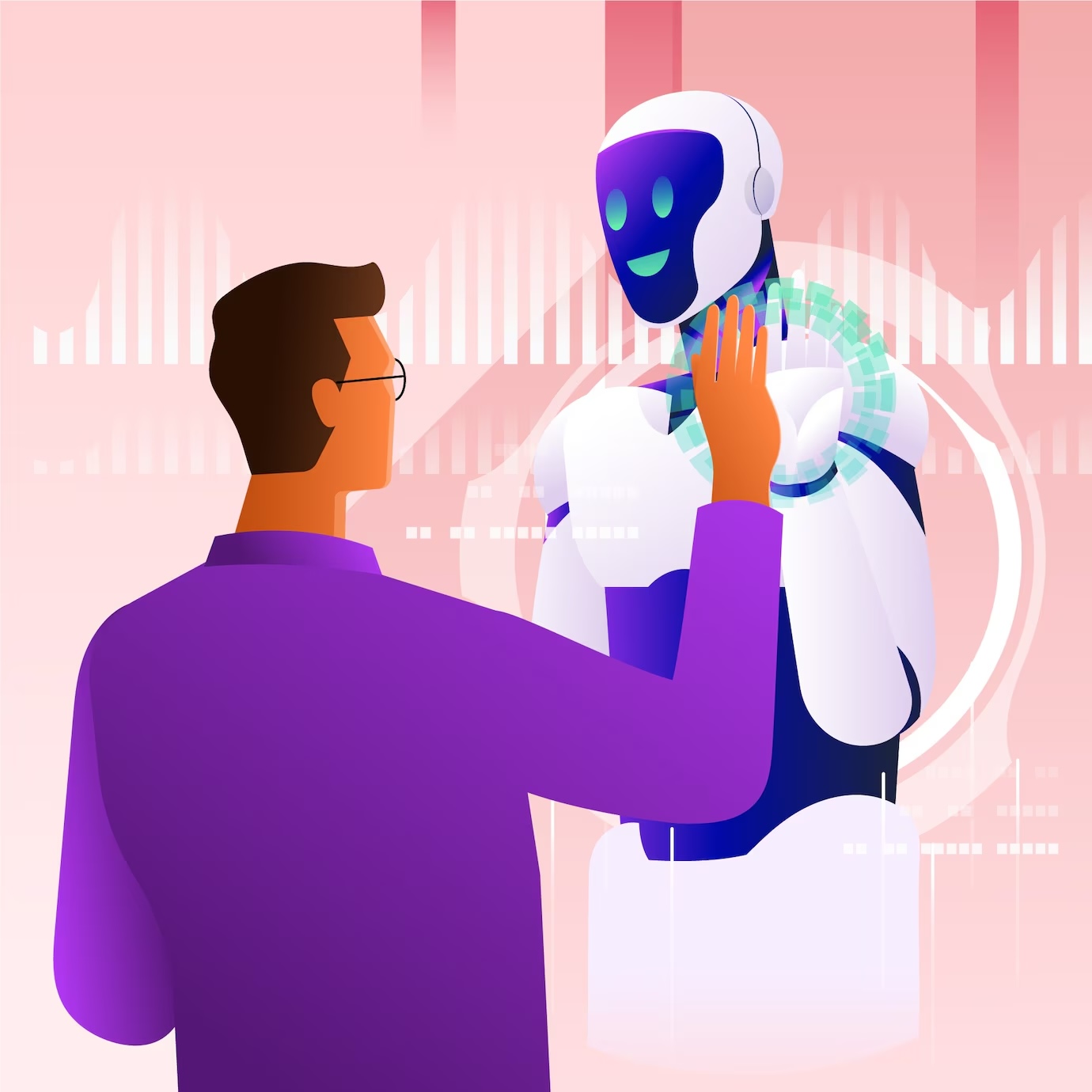
In a world where technology is advancing quickly and changing how we live and work, the question of whether artificial intelligence (AI) can be as creative as humans is becoming more important. AI can handle large amounts of data and create complex outputs, but human creativity is driven by emotions and experiences that machines can't replicate. So, the big question is: will AI take over human creativity, or will humans always be the best at coming up with new ideas and being original?
Human creativity is a remarkable and irreplaceable asset that enables us to generate innovative ideas, solve complex problems, and propel innovation across various industries.
A key advantage of human creativity is its ability to think unconventionally and discover novel solutions that may not be evident through conventional problem-solving methods. Unlike AI, which operates within predefined algorithms, human creativity knows no bounds. It allows us to explore uncharted territories and consider possibilities that were previously unimaginable.
Moreover, human creativity is not limited to idea generation; it also encompasses diverse forms of self-expression through art, music, literature, and other creative outlets. It is a fundamental aspect of our identity, culture, and societal progress.
As we increasingly rely on AI and automation, human creativity becomes even more valuable. It distinguishes us from machines and drives us toward a brighter future of innovation and advancement.
However, despite its strengths, human creativity has its limitations. One notable limitation is our inherent biases, which can restrict our creativity to familiar patterns and experiences. Additionally, humans require breaks and rest to maintain productivity, unlike AI, which operates continuously.
Furthermore, human creativity is constrained by our physical and sensory limitations. Our cognitive capacity and processing speed have finite limits, and emotions can both inspire and hinder our creative output.
To overcome the limitations of human creativity, collaboration with AI is emerging as a promising approach. This collaboration involves leveraging AI's computational power to complement human creativity and enhance efficiency.
Successful collaborations between AI and human creativity have been observed in design, music composition, healthcare, education, and other fields. By combining AI's analytical capabilities with human insight and ingenuity, we can achieve innovative outcomes that leverage the strengths of both.
In conclusion, human creativity is a vital asset and cannot be replaced by AI. By working together with AI, humans can discover new opportunities and create a future where creativity flourishes alongside technological progress.

